A series of regional commentaries commissioned by the Australian Committee of CSCAP and published first on Asialink Insights (University of Melbourne). Professor Anthony Milner, Visiting Professor at AEI, is Co-Chair of the Australian Committee, together with Ric Smith AO.
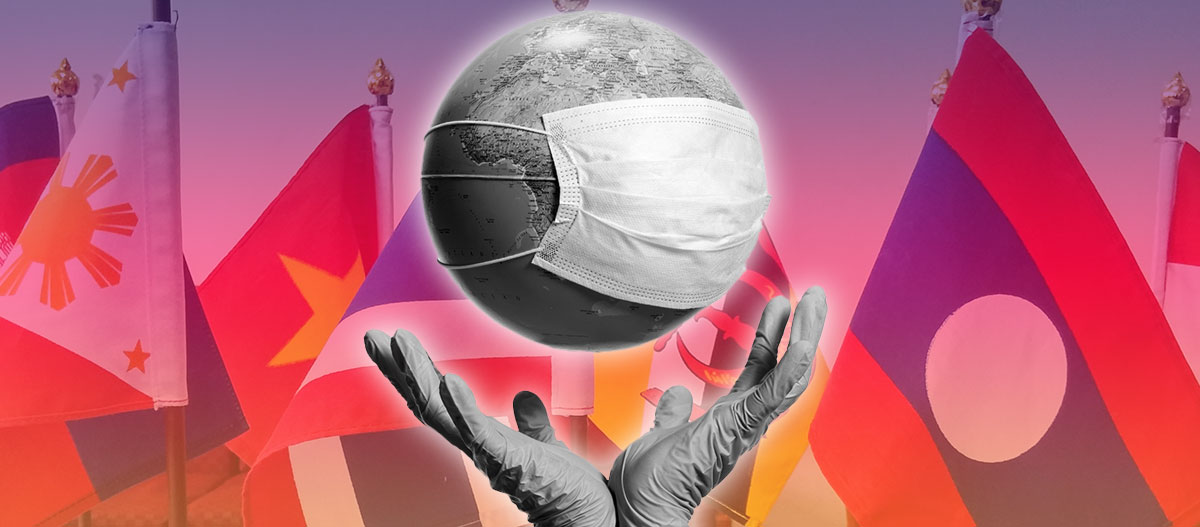
What are the consequences of COVID-19 for this region’s strategic and foreign policy environment? What will be the impact of the crisis on United States-China rivalry? What is the future of globalisation and regional institutions? Is liberal-democratic governance under challenge from authoritarian approaches?
Many of these issues are being discussed in Australia – but at a time when regional cooperation is vital for tackling this truly global problem – we need to understand the variety of perspectives across the Indo-Pacific.
The Council for Security Cooperation in the Asia Pacific (CSCAP) is the region’s premier non-government security network. In seminars, study groups and publications, the organisation leads analysis of key strategic and foreign policy issues.
With the suspension of normal conferencing, the Australian Committee (AusCSCAP), through phone and email exchange, used the network to construct a virtual seminar with regional specialists. Together with Asialink, we are proud to share with you a new series of articles emerging from that exchange.
Some of our correspondents see the crisis as a strategic game-changer, others emphasise the acceleration of existing trends, particularly in regard to US-China relations. From one perspective, international cooperation is in tatters - as the language of ‘sovereignty’ and ‘self sufficiency' is amplified. From another, the virus demonstrates the impossibility of resisting greater global integration.
Regional institutions do not fare well in this commentary – for some this is a cause for pessimism; others think COVID-19 may be the wake-up call they have needed.
One theme in many of these commentaries is that the rebalancing of the world order is gathering pace.
We will continue to bring you a diversity of voices from across the Indo-Pacific in the weeks ahead. We encourage you to share your perspectives on the series using the hashtag #AsialinkInsights
Mr Ric Smith, AO, PSM
Co-Chair, Australian Committee, CSCAP
Professor Anthony Milner, AM
Co-Chair, Australian Committee, CSCAP
International Director, Asialink
Ms Penny Burtt
Group CEO, Asialink

Like the United States, Indonesia’s response to the pandemic has been lax, says Jusuf Wanandi, former Secretary of the Indonesian Supreme Advisory Council. Moreover, he argues regional cooperation is lacking – and the prospects for renewal are not strong.
Read more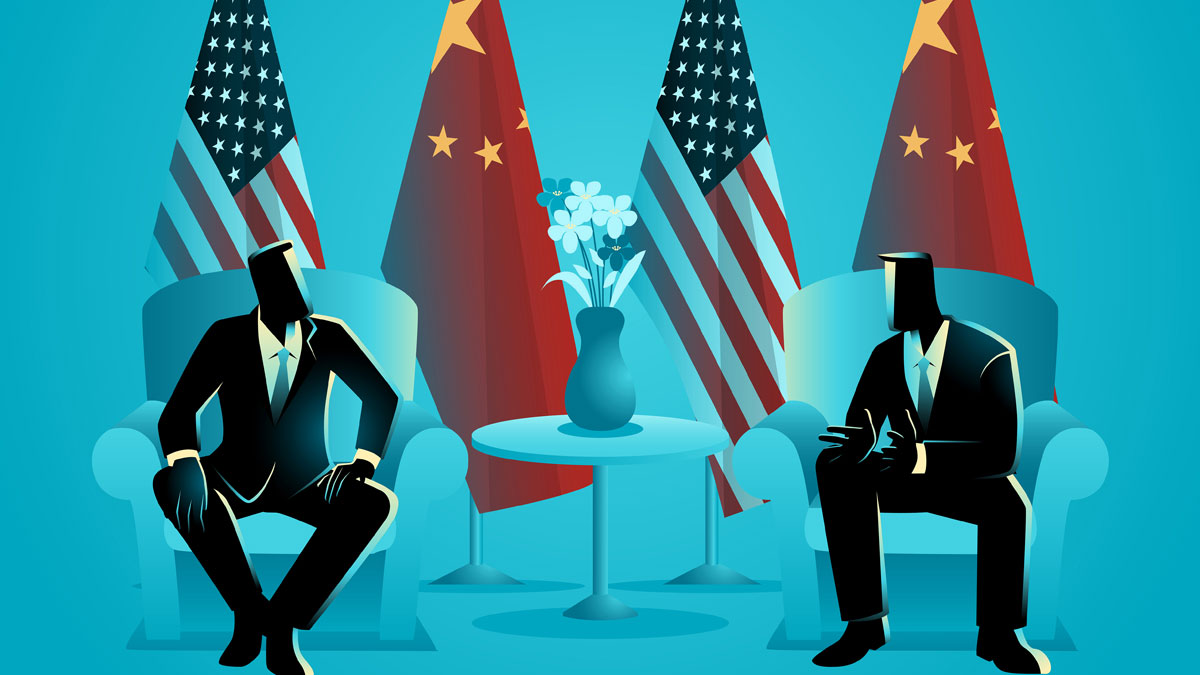
US-China relations are now failing ‘the rest of Asia’ says Tsutomu Kikuchi, adjunct senior fellow at the Japan Institute of International Affairs. He argues that we can’t narrow the range of policy choices available to us as we push for a rules-based order.
Read more
When a crisis seems to threaten regional states unevenly, the incentive for cooperation weakens says Choi Kang, Acting President and Director in the Center for Foreign Policy and National Security at the Asan Institute for Policy Studies, South Korea. He argues that the Covid-19 pandemic has seen individual rather than collective action, and existing institutions that should have been part of a global response have been discredited.
Read more
A ‘self-help’ state is back, and nationalism, populism, xenophobia, trade, and territorial disputes are on the rise, writes Dang Cam Tu, Deputy Director-General at the Institute for Foreign Policy and Strategic Studies, Diplomatic Academy of Vietnam.
Read more
China is channeling aid to Myanmar, but the virus crisis is a chance for existing multilateral bodies within the Asia Pacific to reset and reshape the foreign policy environment, says Aung Zin Phyo Thein from the Myanmar Institute of Strategic and International Studies.
Read more
In contrast to the EU, the virus crisis might actually benefit ASEAN in the long run, says Nurliana Kamaruddin, Senior Lecturer at the Asia-Europe Institute (AEI), Universiti Malaya.
Read more
A dangerous ‘winner takes all’ crisis management approach is emerging from the virus, says Peking University’s Zha Daojiong.
Read more
China will emerge from this crisis stronger and more confident, writes former senior Singapore civil servant, Peter Ho.
Read more
Prepare for further deglobalisation and realignment in Asia as the COVID-19 crisis continues, writes former Indian Foreign Secretary, Shyam Saran.
Read more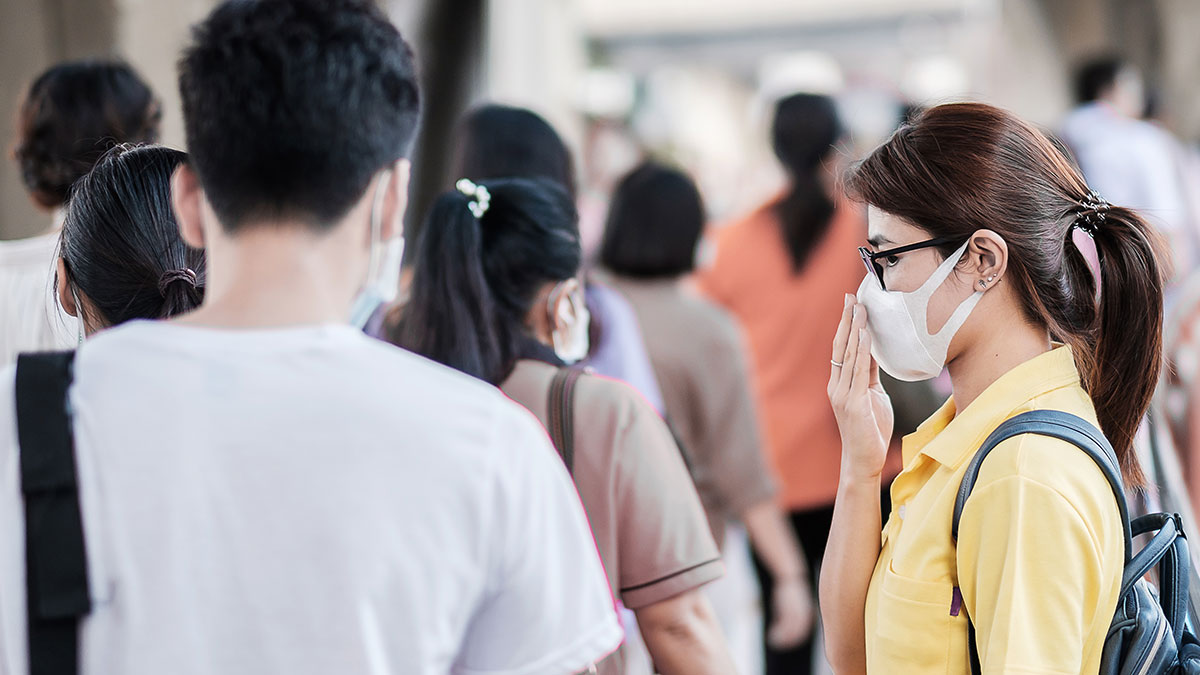
While the COVID-19 crisis was an opportunity for greater global unity and coordination, nationalism and a trend against multilateralism has been the reality, writes Tsinghua University's Li Li.
Read more
The COVID-19 phenomenon has accelerated degloblisation, writes Victor Sumsky, Director of the ASEAN Centre at Moscow State Institute of International Relations. Instead of preaching inclusiveness in the framework of economic cooperation in the Asia Pacific, the US has switched to the ‘free-and-open’ Indo-Pacific doctrine, aimed at containing China.
Read more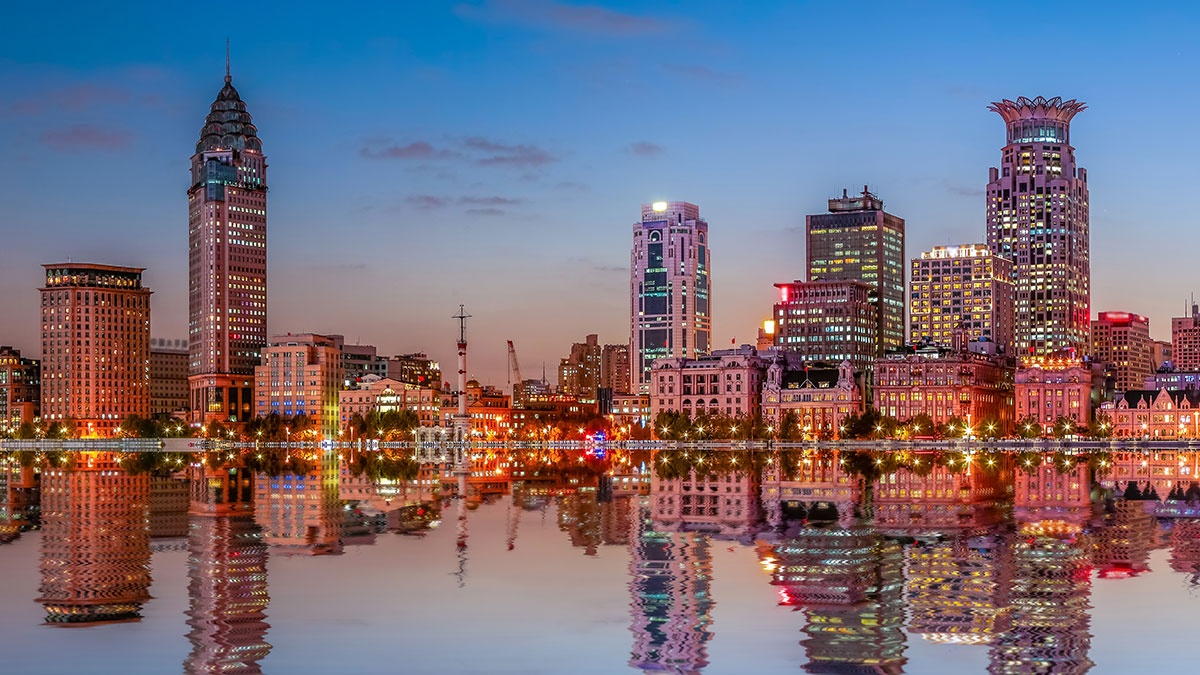
Both China and the United States will emerge from the current crisis with their reputations damaged, says David Capie, Associate Professor in International Relations at Victoria University of Wellington, New Zealand. He argues that today’s great power struggles are making it harder than ever for small and middle powers to navigate.
Read more
Each ASEAN member state has acted individually rather than collectively, writes Pou Sothirak, Head of the Cambodian Institute for Cooperation and Peace. Knowing that this virus crosses national borders, a regional response makes a lot more sense.
Read more
COVID-19 has proven the weakness of ASEAN-led mechanisms, so it’s now time to rebuild a regional security architecture that can contain the more extreme effects of the growing US-China rivalry, writes Herman Kraft, Chair of the Department of Political Science at the University of the Philippines.
Read more
A new ‘smaller’ multilateralism could emerge from this crisis, says Indrani Bagchi, senior diplomatic editor with The Times of India, Indrani Bagchi.
Read more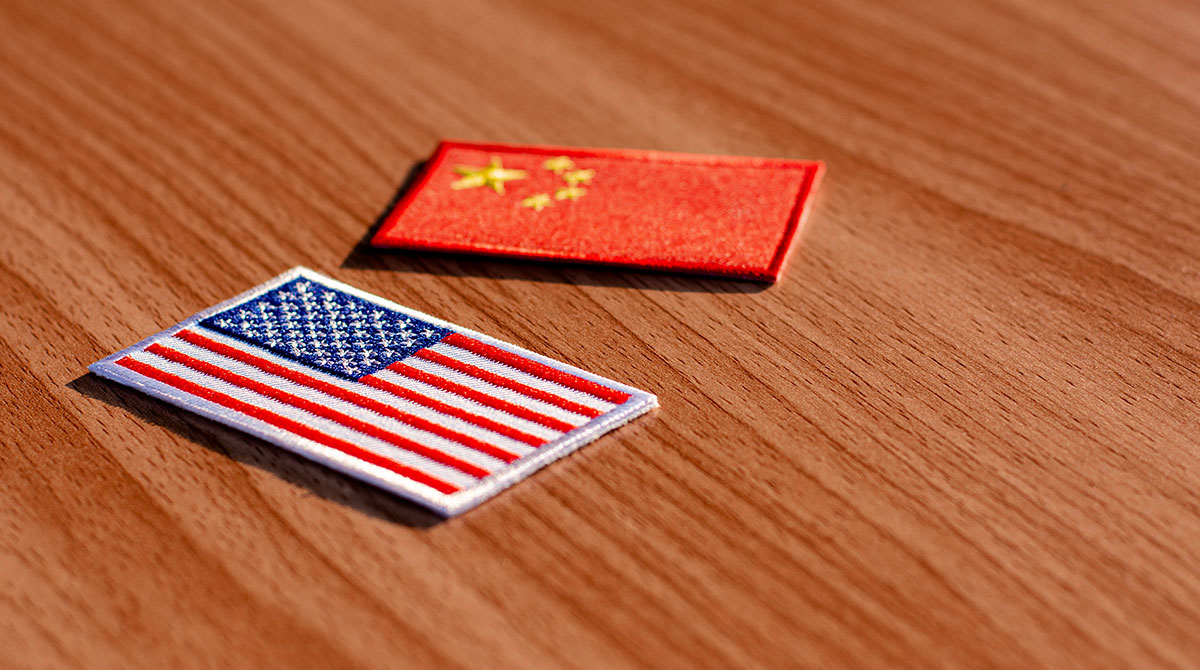
The virus crisis is eroding globalisation, and it’s hard to see the US-China relationship going any way but backwards, says Ralph Cossa of Pacific Forum.
Read more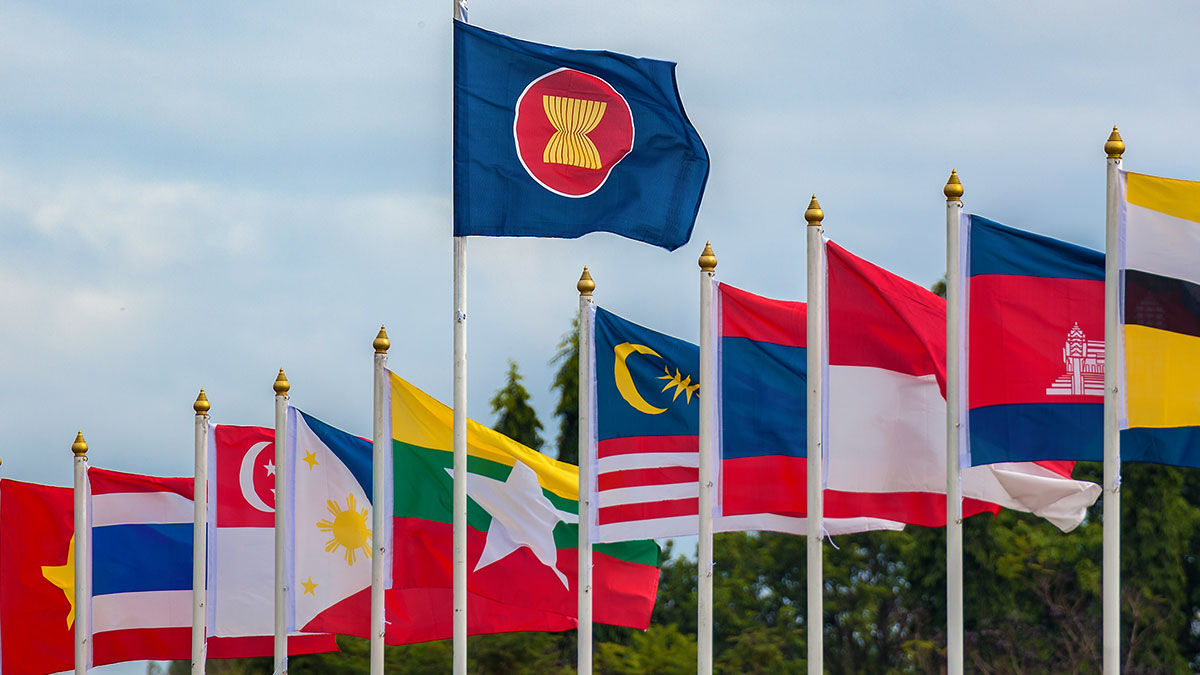
The response to COVID-19 will continue the steady decline of US influence in Asia - and China’s rise, writes Bangkok Post correspondent and senior fellow, Kavi Chongkittavorn.
Read moreLast Update: 11/11/2021